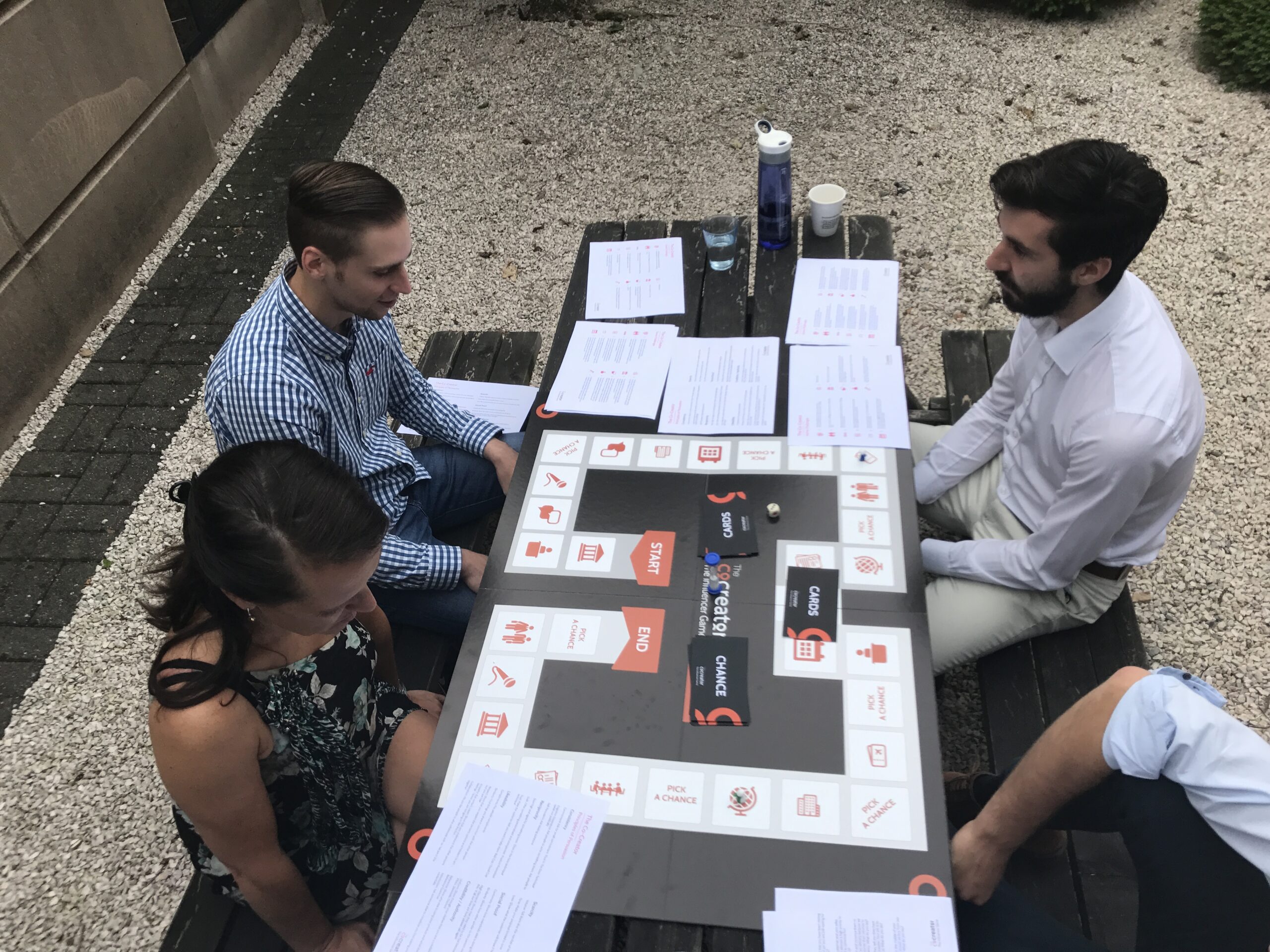The B2B sales landscape has experienced dramatic shifts in recent years, forcing sales managers to reimagine their teams and strategies. The new realities of the sales world call for a proactive approach to future-proof sales organizations
Embracing External Expertise and Evolving Workforce Dynamics
As the sales domain becomes more complex, companies are seeking external experts to inform their strategies. Collaboration is not limited to content creation, but rather a strategic move to inject fresh perspectives and specialized knowledge. Additionally, the influx of young professionals into sales requires a rethink of recruitment, management, and engagement practices to align with the priorities of the new generation.
From Selling to Buyer Enablement
The sales function has shifted from pushing products to empowering buyers. Informed customers now demand transparency and knowledge to make autonomous purchasing decisions. Sales organizations play the role of curators, guiding buyers on their journey and creating a consultative purchase experience.
Cultivating a Culture of Authenticity
Company culture and authenticity are crucial in attracting and retaining talent. Sales managers must create an environment where transparency in values and operations is not only encouraged but exemplified.
Leveraging Technology and Networking
The digital transformation has revolutionized sales and recruitment. Technology adoption and strategic use of networking platforms like LinkedIn are essential for personal branding and business expansion. Sales teams are increasingly leveraging video and digital content for dynamic communication that transcends geographical barriers.
Adapting to New Financial Models and Tender Management
The shift from CapEx to OpEx financial models reflects changing customer expectations for flexibility and service continuity. Tender management processes have also evolved, requiring sales teams to proactively participate and effectively integrate their unique selling propositions for a competitive edge.
Developing a Virtual Selling Playbook
The hybrid selling world demands a new playbook. Sales managers must address channel conflict management, redesign sales territories, and engage in change management. Salespeople need to seamlessly transition between digital and traditional sales methods in hybrid positions.
Building Capabilities for the Hybrid Sales Era
Organizations must invest in hiring, training, and capability building to meet the demands of the hybrid sales era. This includes ramping up digital sales teams and equipping existing personnel with the skills to excel in a market where virtual interactions are the norm.
Conclusion
Rethinking sales organizations is not a reaction to recent evolutions but a proactive strategy for future-proofing teams. Success in this new era requires more than traditional sales acumen. It demands a blend of digital proficiency, adaptability, and customer-centricity. Those who effectively leverage technology, culture, and enhanced buyer enablement will lead the charge in the redefined landscape of B2B sales.

